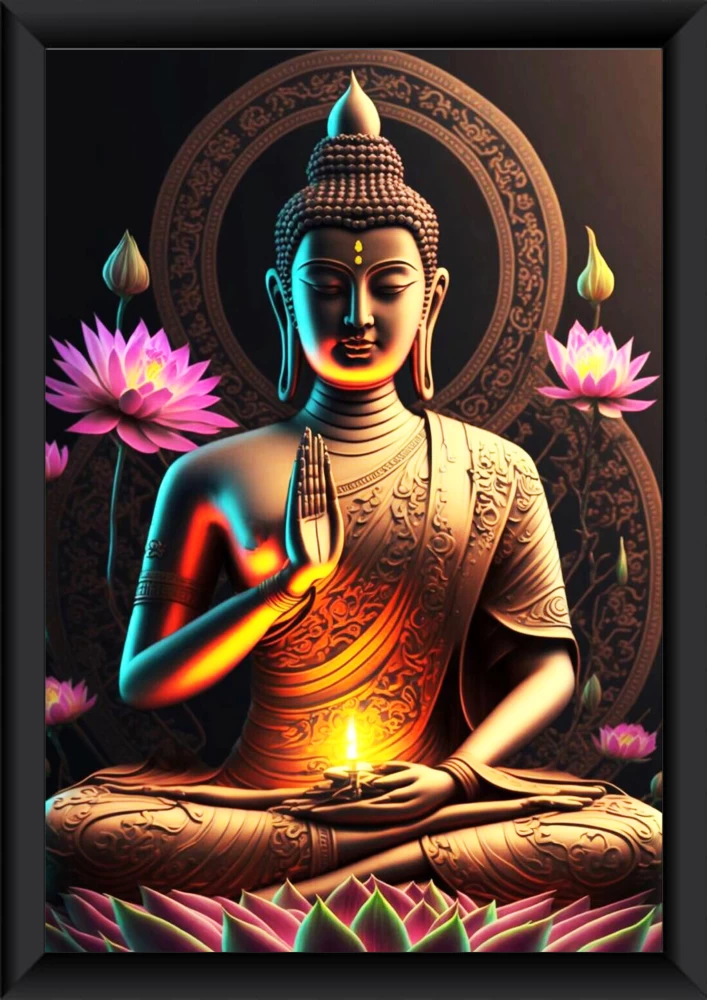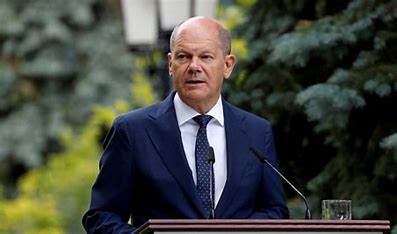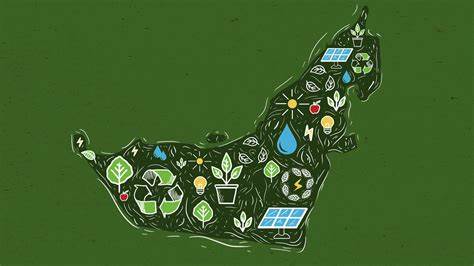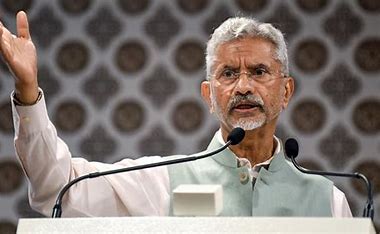
His disciples were perturbed. So were the hosts who had invited him. However, Buddha seemed unmoved by the insults the stranger heaped upon him. He requested them to let the man vent his feelings. He kept looking at him calmly, almost as if scanning him to understand his psyche.
When the man stopped, Buddha addressed him, ‘You ought to have come a few years ago. The man who’d react to these insults has long since gone. I have no idea how to react. I have become the master of my consciousness, and decide what to accept and what not to.’
Realising that the meaning behind his words hadn’t been understood, Buddha explained, ‘People in the village I’m coming from brought excessive fruits as gifts, which I politely refused it. Wonder what they’d have done with the fruits?’
‘They would’ve taken it back,’ one of the villagers replied.
‘Oh, and what happens to the fruits?’ Buddha asked.
‘In all probability, they and their family would eat it,’ another villager replied.
Buddha smiled at the man who had cursed him and asked, ‘Now I wonder about your curses. Since I haven’t taken them, what will happen to them?’ Finding no answer, he further explained, ‘If I don’t accept your anger and curses, it’s bound to fall back on you.’
There are two sides to this story. One, we’re masters of our consciousness, and accepting or refusing negativity from outside is our choice. The second aspect of the story is that when we pass on the negativity,remember that if the other person doesn’t accept it, we carry it back. So why offer anything when there’re chances you may need to carry it back? Also remember that even when the other person accepts it by reacting to it, there’re residual effects you carry back in your heart and mind. And that negativity becomes part of your life.
Remember that people aren’t cursing and abusing us. Instead, we accept them. So, let’s become the master of our consciousness and not just refrain from spreading negativity, but even refuse to accept it.















